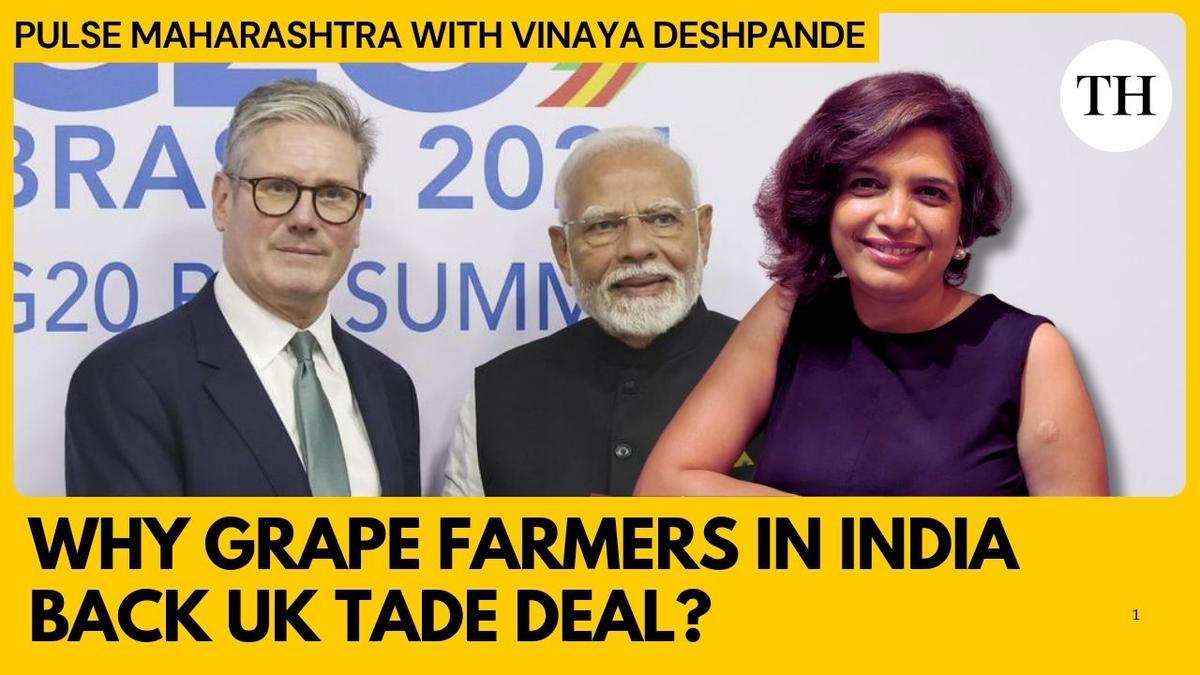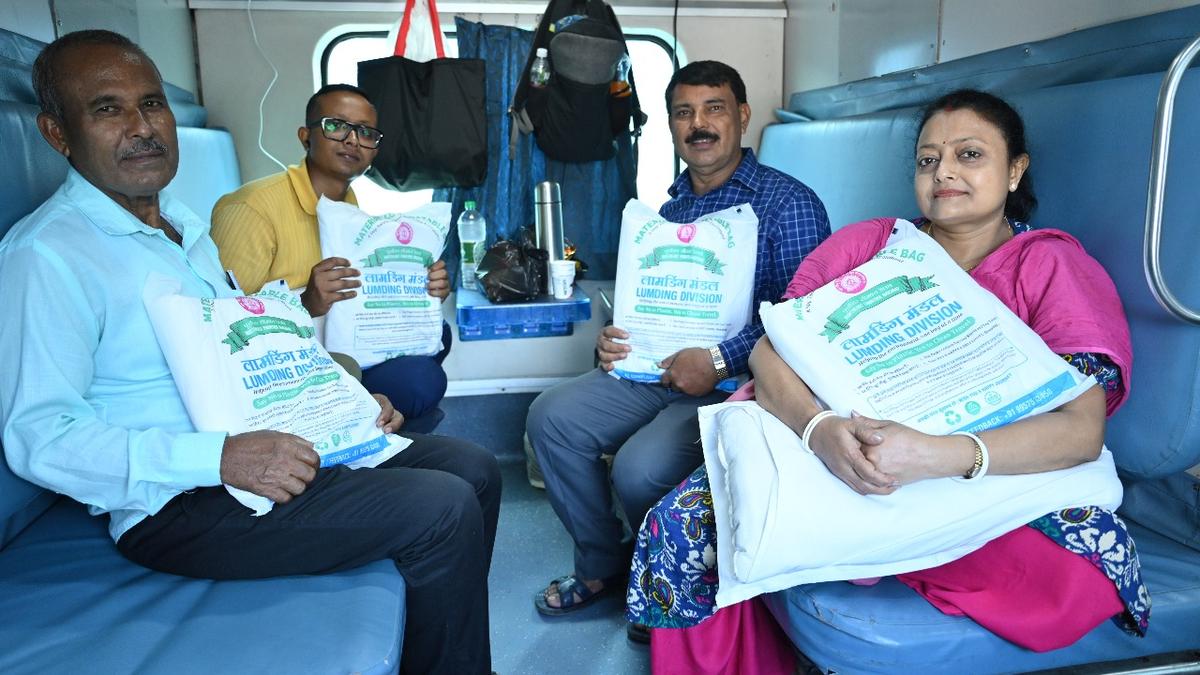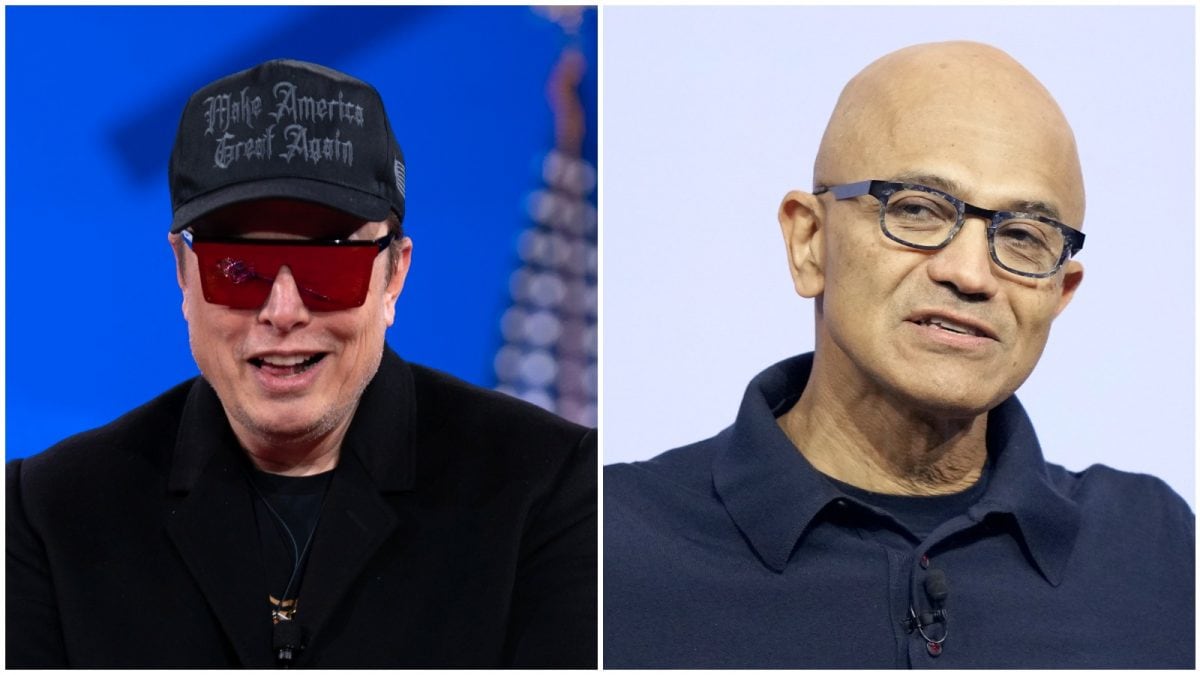ARTICLE AD BOX
Last Updated:August 15, 2025, 09:34 IST
PM Modi’s 12th Independence Day speech blended manufacturing goals, defence resolve, and promises of tech progress, ending with a pledge for a developed India by 2047

Prime Minister Narendra Modi delivers the Independence Day Speech at the Red Fort on Friday.
Prime Minister Narendra Modi delivered his 12th consecutive Independence Day speech from the ramparts of the Red Fort on Friday, using the occasion to set out an ambitious vision for a developed and self-reliant India by 2047, while sending strong messages on national security and economic reform.
From a manufacturing mantra to a vow against nuclear coercion, here are the key lines that stood out from his address on India’s 79th Independence Day.
“For the past 75 years, the Constitution of India has been a guiding lighthouse for us."
Opening his address, the Prime Minister hailed the Constitution as a beacon that has steered the nation through decades of change, underscoring its enduring role in safeguarding democracy and guiding progress.
“Dam Kam, Dum Zyada"
Calling on India’s manufacturing sector to embrace efficiency without compromising quality, the Prime Minister urged industries to aim for “Dam Kam, Dum Zyada" — delivering world-class products at competitive costs. The slogan was tied to his wider Atmanirbhar Bharat push, positioning cost-effective innovation as critical to making India a global manufacturing hub.
“India has decided that it will not tolerate nuclear threats anymore, we won’t fall for any blackmail."
In one of the speech’s most emphatic moments, he declared that the country would no longer be swayed by nuclear coercion. Linking this stance to the Indus Waters Treaty, he added, “India has now decided, blood and water will not flow together. The people have come to realise that the Indus Waters Treaty is unjust. Water from the Indus River system has been irrigating the lands of the enemy, while our own farmers have suffered. What kind of agreement is this that has caused such immense loss to our farmers for the past seven decades?"
“I salute our brave soldiers who punished masters of terror beyond their imagination."
Reflecting on the aftermath of the April 22 Pahalgam terror attack, he said, “After April 22, we gave full freedom to the forces to choose the planning, target and timing, and our forces did something that never happened for decades… went inside the enemy territory and destroyed terrorist infrastructure." The Prime Minister described Operation Sindoor as an expression of outrage, noting that the destruction in Pakistan was so severe that “new revelations are being made every day and new information is coming out daily."
“Self-reliance is not limited to trade. It is about our own capability. If we weren’t self-reliant, would Operation Sindoor have been such a success?"
He stressed that Aatmanirbharta is “not just confined to import, export, rupee, pound and dollar… its meaning is far broader. Aatmanirbhar is directly connected to our strength." The call for self-reliance extended to sectors from defence to energy, with initiatives underway in solar, hydrogen and nuclear power.
“We are working in mission mode in the semiconductor sector, made-in-India chips will hit markets by the end of this year."
Recalling that the idea of a semiconductor industry in India had been “killed in the womb 50–60 years ago," he positioned the current push as part of reclaiming lost technological ground. The drive was framed within a broader tech-first vision for the 21st century, with over 300 startups now active in the space sector and plans to build India’s own space station.
“This Diwali, we are bringing next-generation GST reforms. Everyday items will become cheaper."
Promising a “double Diwali" for citizens, he said the new GST structure would reduce the tax burden across the country and make life easier for the common man. He also pointed to reduced tax rates over the past eight years and an easier compliance regime.
“The farmers of India are our biggest priority. Modi stands like a wall against any harmful policy related to them. India will not accept any agreement regarding its farmers, cattle rearers and fishermen."
He emphasised that protecting the interests of the agricultural sector was non-negotiable and linked energy self-reliance to reducing import costs so that funds could be redirected to farmers and the poor.
‘Naa Hum Rukenge, Naa Hum Jhukenge. India will become a developed country by 2047, I am promising you."
Setting a clear target for Viksit Bharat, PM Modi pledged unwavering determination to achieve developed nation status within the next two decades, framing it as a collective national mission.
The News Desk is a team of passionate editors and writers who break and analyse the most important events unfolding in India and abroad. From live updates to exclusive reports to in-depth explainers, the Desk d...Read More
The News Desk is a team of passionate editors and writers who break and analyse the most important events unfolding in India and abroad. From live updates to exclusive reports to in-depth explainers, the Desk d...
Read More
- Location :
- First Published:
August 15, 2025, 09:32 IST
News india From ‘Dam Kam, Dum Zyada’ To ‘No Nuclear Blackmail’: Top Quotes From PM Modi’s I-Day Address
Disclaimer: Comments reflect users’ views, not News18’s. Please keep discussions respectful and constructive. Abusive, defamatory, or illegal comments will be removed. News18 may disable any comment at its discretion. By posting, you agree to our Terms of Use and Privacy Policy.
Read More



.png)
.png)
.png)
















 2 days ago
3
2 days ago
3









 English (US) ·
English (US) ·